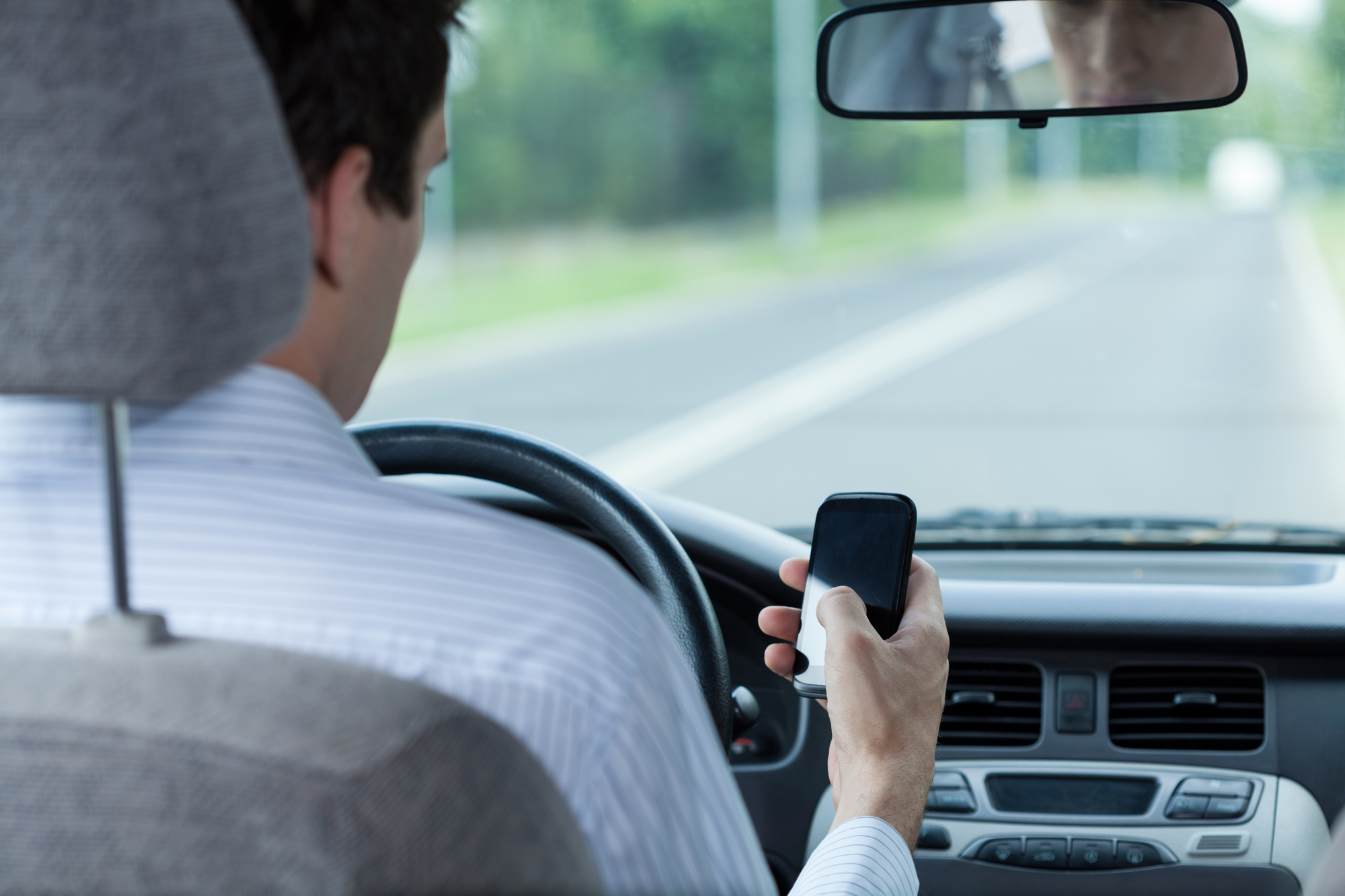The National Safety Council designated April as “Distracted Driving Awareness” month. The Federal Communications Commission (FCC) joined in this effort to raise awareness of the hazards of distracted driving. The objective is to help motorists recognize potential risks and avoid preventable injuries or deaths from distracted driving.
What is the purpose of Distracted Driving Awareness Month?
The National Safety Council created the Distracted Driving Awareness Month to help bring awareness to the undeniable fact that just one small distraction on the road puts you and other drivers at risk. You’ve probably seen it yourself – drivers on their phones, talking, texting, or getting directions.
The National Highway Traffic Safety Administration reported that distracted driving is a primary cause of injuries or death while driving. From cell phones, to voice command features, to dashboard systems, all present safety threats. It only takes a single distraction behind the wheel to change your life forever.
What is Distracted Driving?
Things like cell phones, dogs, kids screaming, and turning on the radio are just a few of the things that cause distractions behind the wheel. These distractions end up putting drivers, passengers, and other drivers at risk of serious injuries or fatalities. Distracted driving is even more dangerous for teenagers because they have the highest fatality rates of all drivers. This makes it even more important for teens to develop good driving habits, including learning how to drive “distraction-free.”
How to Eliminate Distracted Driving
No Cell Phone Use
You should never talk or text on the phone while driving because it (obviously) increases the risk of ending up in an accident. Using “Hand-free” devices isn’t a safe alternative as they’re still a major distraction because you can end up missing the crucial audio and visual signs required to avoid an accident. Cell phones should only be used for emergency purposes. Even so, it’s far better to pull safely off the road to make an emergency call.
Tired? Pull Over.
If you’re tired, pull off the road and take a break. Drowsiness behind the wheel raises the risk of an accident by close to 4 times. One government study found that 37% of U.S. drivers have driven while drowsy, some actually falling asleep behind the wheel.
Limit the Passengers
It is best to restrict the number of passengers you have in your vehicle, along with the activity level inside. This is especially the case when it comes to teenagers and other first-time drivers. Many states prohibit teenagers from having other teenage passengers in the vehicle with them during the first few months of driving by themselves. This helps avoid distractions so they can focus on driving instead of their friends when behind the wheel.
Don’t Eat and Drive
Don’t consume food or drinks while driving because spillage can cause a major distraction. Being too busy to eat at home or work is no excuse. Eating while you drive may save time, but it also means you are going to be less attentive to what’s going on around you.
Other Things You Can Do
Most of us spend a lot of time driving, but this doesn’t mean it’s a good time to get little things done like looking for music to play, texting, calling friends, and putting on makeup (yes – it happens). If this sounds like you – stop! Instead, get everything done before you drive.
Set vehicle systems like GPS, mirrors, seats, sound systems, and climate controls, before hitting the road. Also, check traffic conditions ahead of time, and if you have passengers, ask them to help avoid distractions so you can focus on driving safely. If a distraction does end up demanding your attention, pull off the road, and stop in a safe place.
Bottom line, if you find that you can’t invest your full attention to driving, due to some other activity, it’s a distraction. Deal with it before or after you start driving, not while you are behind the wheel.
Distracted driving has become such a big problem that it’s even against the law in most jurisdictions (which means you could also end up with a hefty fine).
To learn more about Distracted Driving Awareness Month visit: https://www.nsc.org/road-safety/get-involved/distracted-driving-awareness-month.





